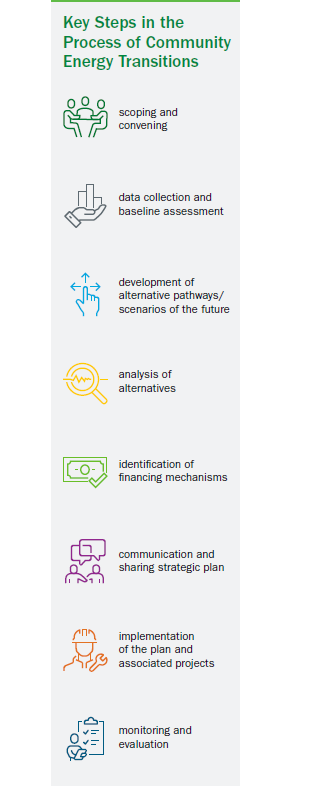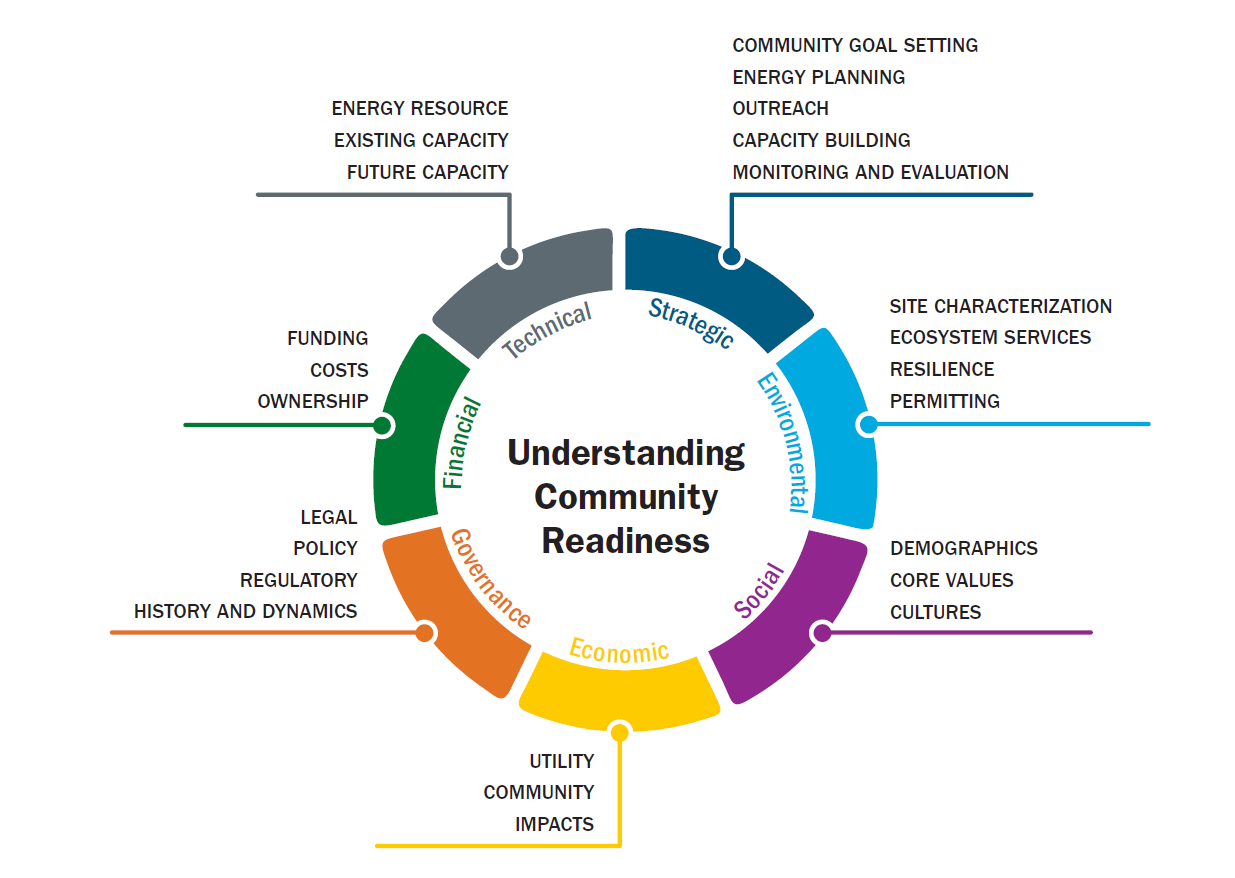Deployment Readiness Framework

In support of community-driven energy transitions in island and remote coastal communities, the Department of Energy, PNNL, and the National Renewable Energy Laboratory are developing a Deployment Readiness Framework (DRF) that can be used to better understand the readiness of communities for marine energy demonstration, deployment, and operation.
To develop the DRF, researchers are co-producing and testing practical tools and approaches to help support communities created in close collaboration with communities, stakeholders, and end users to iteratively test and improve the framework during development.
The DRF will be developed in three phases:
- Learning Phase: The team engages stakeholders and reviews the literature for metrics of community readiness. This builds a critical knowledge base and supports participatory science-policy processes with stakeholders across multiple sectors.
- Design Phase: The team defines and develops the specific readiness approaches and tools in the DRF.
- Implementation Phase: The team creates the applications and user interfaces needed for researchers and decision-makers to use the DRF.
Findings So Far
In the Learning Phase, the team has identified eight key steps in the process of community energy transitions, synthesized from multiple existing frameworks. Not all communities or energy transitions will proceed through the various steps and stages in the same order because this is an iterative process informed by sustained collaboration with community members and key stakeholders.

The team also identified metrics to help assess a community’s readiness for an energy transition. This information will help decision-makers and researchers to meet communities where they are at and provide contextualized and appropriate technical assistance, capacity building, funding opportunities, permitting, or other support to reach the community’s specific energy goals.
To read more, check out the recent report.
Focus Going Forward
Key findings from the report have informed surveys, interviews, and engagement with technical leads, regional partners, and community members. In future project phases, the team will synthesize and draw on the results from the literature review and stakeholder engagement to identify gaps in current approaches to support community-driven energy transitions. All of this information will guide the design and application of the DRF, which will be available in 2024.